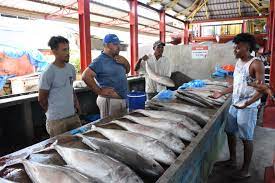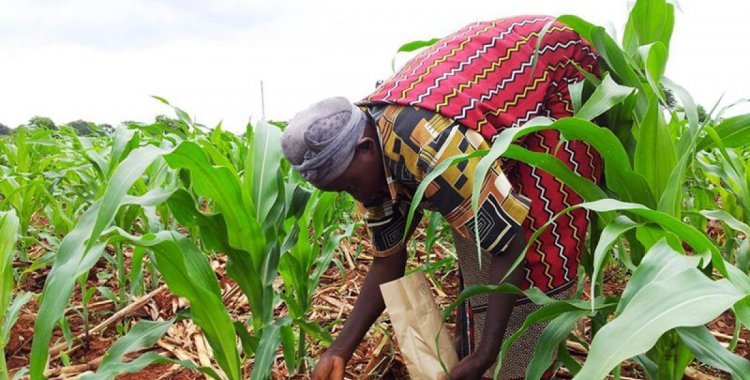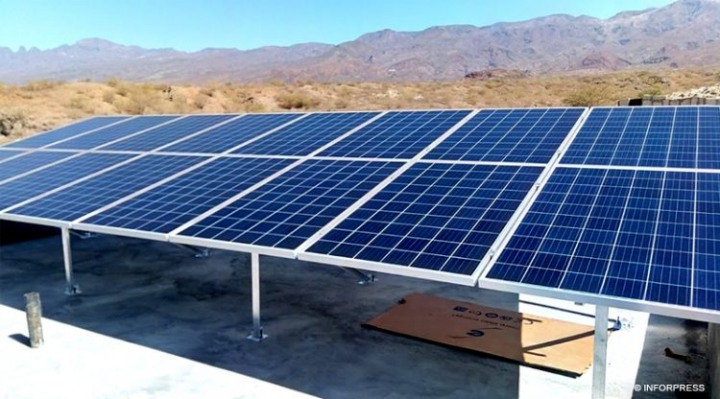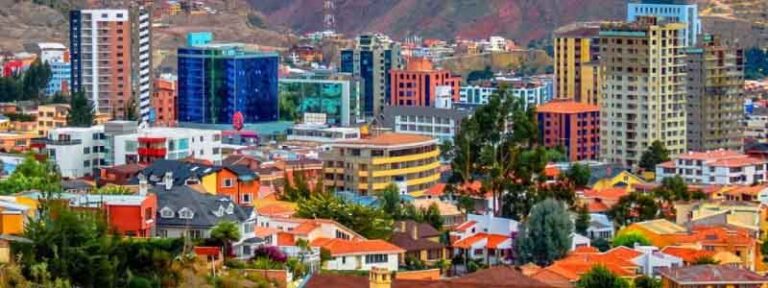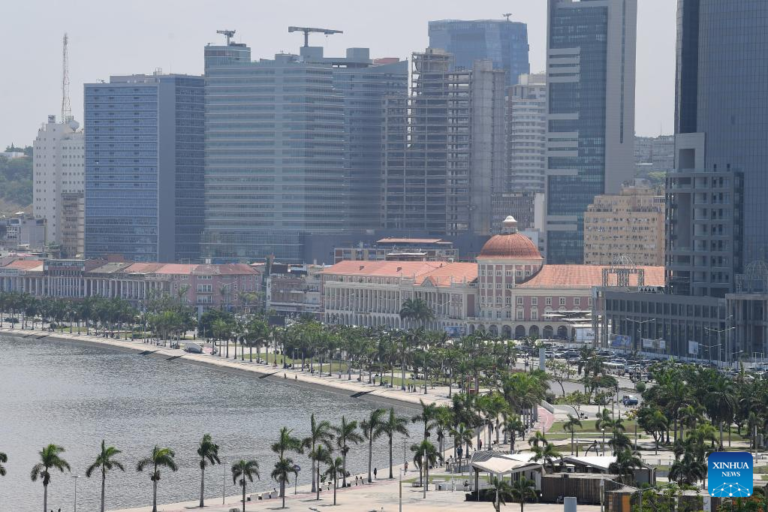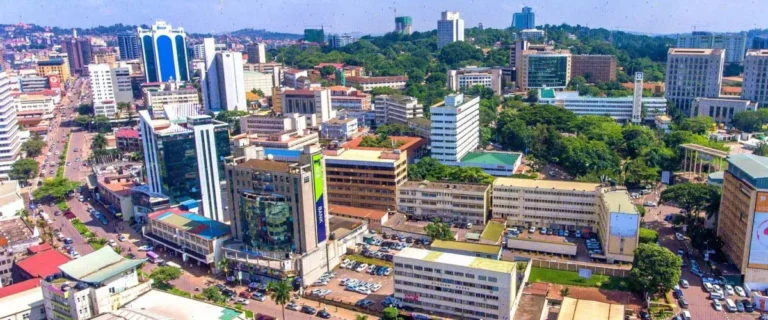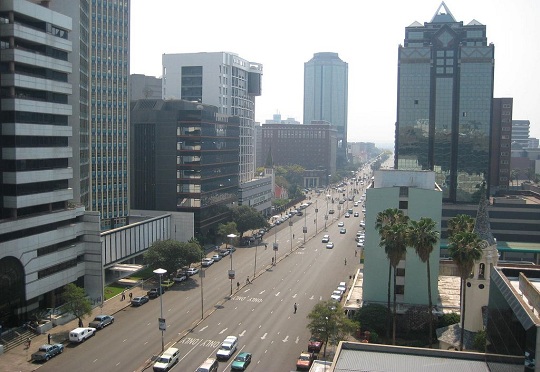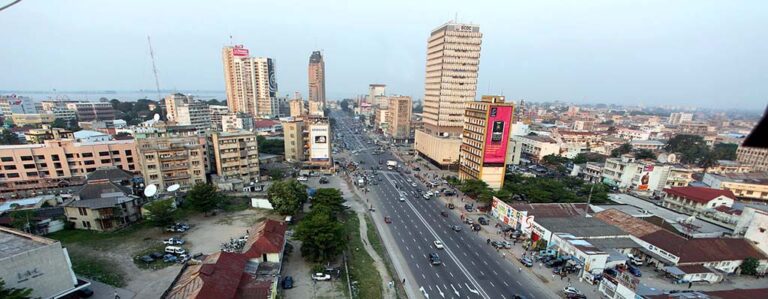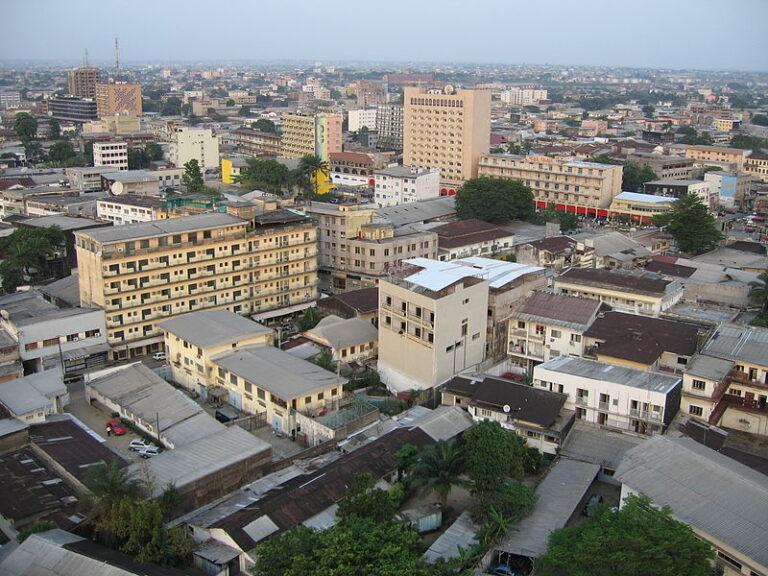Cape Verde or Cabo Verde, officially the Republic of Cabo Verde, is an archipelago and island country in the central Atlantic Ocean, consisting of ten volcanic islands with a combined land area of about 4,033 square kilometers (1,557 sq mi). These islands lie between 600 and 850 kilometers (320 and 460 nautical miles) west of Cap-Vert, the westernmost point of continental Africa, whose capital is Praia. The Cape Verde islands form part of the Macaronesia ecoregion, along with the Azores, the Canary Islands, Madeira, and the Savage Isles.
The current population of Cabo Verde is 573,995 as of Thursday, June 29, 2023, based on Worldometer elaboration of the latest United Nations data.
José Maria Pereira Neves is a Cape Verdean politician who is currently the president of Cape Verde, having previously served as the Prime Minister of Cape Verde from 2001 to 2016. He is a member of the African Party for the Independence of Cape Verde (PAICV).
The economy of Cape Verde is a service-oriented economy that is focused on commerce, trade, transport, and public services. Cape Verde is a small archipelagic nation that lacks resources and has experienced severe droughts.
The economy is largely subsistence agriculture however efforts are severely hampered by the lack of water, whilst approximately 80% of the population is employed in agriculture it only accounts for around 12% of GDP.
The majority of crops grown are maize and beans. Bananas, sugar cane, sweet potatoes, and cassava are also grown. However, about 90% of food needs to be imported to the island. The main exported crops are bananas and coffee.
Despite the few natural resources, Cape Verde has a vibrant economy. The island nation is ranked as a developing country, and its natural resources include beautiful beaches, water resources, arable land, wind energy, basalt, limestone, pozzolana, kaolin, and gypsum among others.
Cape Verde’s main exports are fish (75 percent of total exports) and clothing (10 percent). The main export partner is Spain (86 percent of total exports) followed by Portugal (10 percent) and the United States.
Youth unemployment is the percentage of 15-24-year-olds who are part of the labor force but are unemployed
Key documents used by Cabo Verde in implementing its development strategy are Cabo Verde – Country Strategy Paper 2019-2024-Country Strategy Papers, Cabo Verde: UNDAF 2018-2022 strategic Plan for Sustainable and Ambition 2030.
Voluntary national report on the implementation of the 2030 agenda for sustainable development.
With the support of the International Monetary Fund and the World Bank, Rwanda has made important economic and structural reforms and sustained its economic growth rates over the last decade.
Rwanda has guarded its political stability since the 1994 genocide against the Tutsi. Parliamentary elections in September 2018 saw women fill 61% of seats, the Rwandan Patriotic Front maintain an absolute majority and, for the first time, opposition parties, the Democratic Green Party of Rwanda and Social Party Imberakuri won two seats each. President Paul Kagame was re-elected to a seven-year term in August 2017, following an amendment to the constitution allowing a third term.
Business opportunities in Cape Verde
Cape Verde’s economy is dominated by the service sector, particularly tourism. In addition to tourism, Cape Verde also has significant potential in other sectors, such as renewable energy, fisheries, and agriculture. The country has abundant sunshine and strong winds, which make it an ideal location for solar and wind energy projects. Additionally, Cape Verde has a large exclusive economic zone, which offers opportunities for fisheries and aquaculture.
